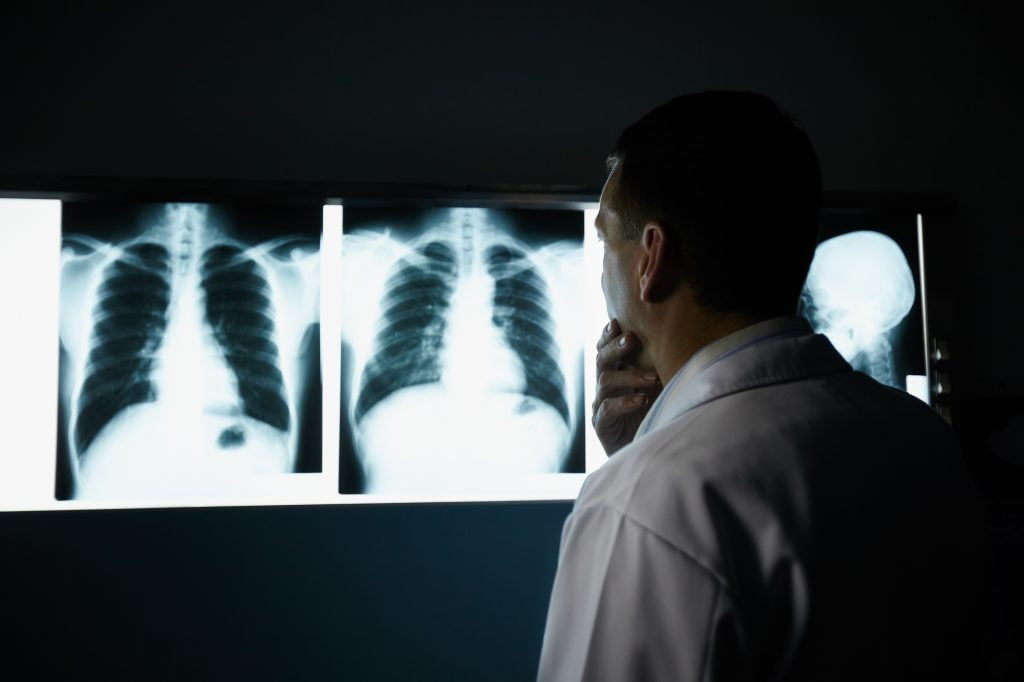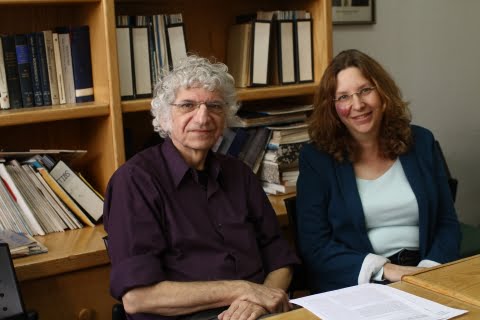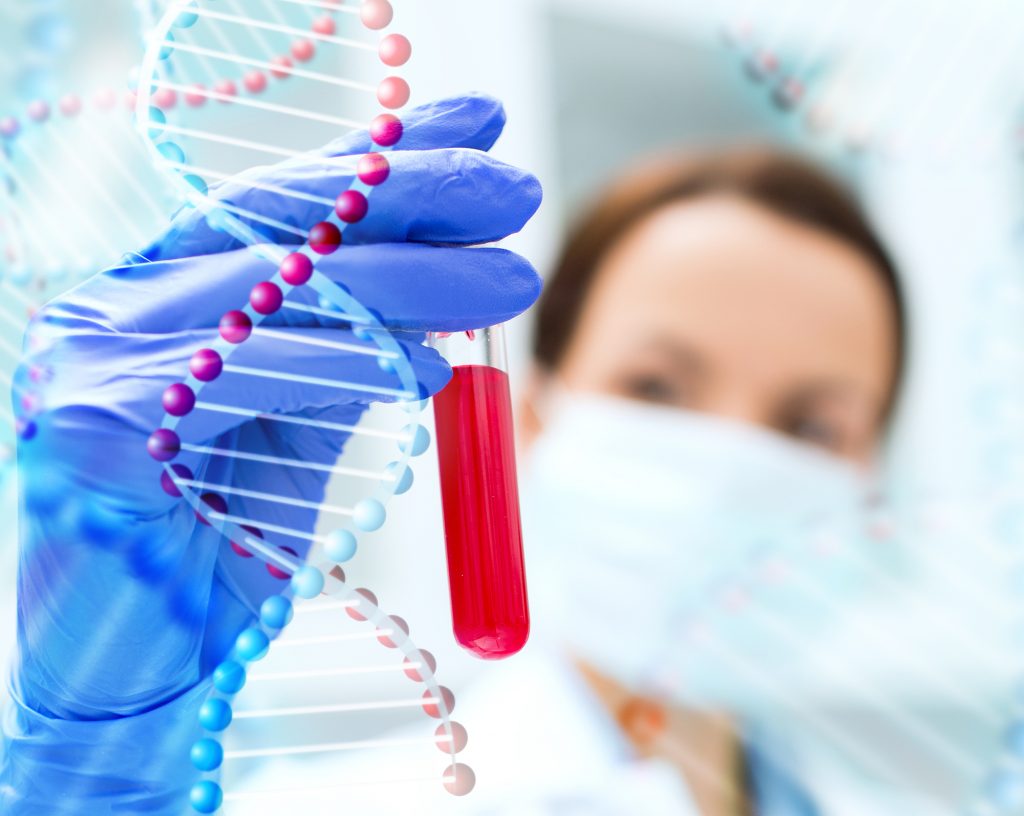Lung cancer is the leading cause of cancer deaths worldwide, according to the World Health Organization. It is typically diagnosed through one or several of a number of tests that include an X-Ray or CT scan, an examination of sputum (mixture of saliva and mucus), and a biopsy.
SEE ALSO: Nucleix Announces Positive Results In Study Detecting Lung Cancer
Early detection – like with any type of cancer – is key and can dramatically increase survival rates. Improving cancer risk assessments to identify people who run a high risk of developing lung cancer, currently based mainly on age and smoking history, is also crucial and can be driving factor behind early detection.
But even these can miss some cases, according to a new study by a team of Israeli and British scientists, which charges that a simple blood test that relies on a “DNA repair score” proved effective for lung cancer screening.
The study was led by Professor Zvi Livneh and Dr. Tamar Paz-Elizur, both members of the Weizmann Institute Department of Biomolecular Sciences, alongside Professor Sir Bruce Ponder of the University of Cambridge and Professor Robert Rintoul from Royal Papworth Hospital and Cambridge.

Titled “DNA-Repair Biomarker for Lung Cancer Risk and its Correlation with Airway Cells Gene Expression” and published in the peer-reviewed journal the National Cancer Institute-Cancer Spectrum (JNCI-CS), the scientists’ study found that patients’ “DNA repair scores” – a summation of the activity of three DNA repair enzymes (OGG1, MPG and APE1) through which cells are known to respond to genetic damage – can “significantly improve current lung cancer risk prediction, assisting prevention and early detection.”
The study involved 150 British patients with non-small-cell lung cancer and a control group of 143 healthy volunteers. The scientists calculated each participant’s DNA repair score “based on blood activity levels of three enzymes known to respond to DNA damage,” the Weizmann Institute said in a statement.
They found that the DNA repair score of those with lung cancer was lower than the control group across the board, “establishing this enzymatic activity as a robust biomarker for lung cancer risk – independent of smoking.”
Sign up for our free weekly newsletter
Subscribe
The results, the Weizmann Institute said, validated a previous study published in 2014 by Professor Livneh that examined DNA repair scores in an Israeli population, “showing that the new approach could potentially be implemented to promote more effective lung cancer screening worldwide.”
Reliance on age and smoking status as the two main risk factors “isn’t enough, as preventative screening in this selected population misses most lung tumors,” the Israeli and British scientists wrote in their paper. “Moreover, individuals who are not obvious candidates for screening remain unaware of the danger they may face – leading to delayed treatment and poorer prognosis,” they went on.
In the previous study, Professor Livneh and his team showed that a low DNA repair score reveals a “five-fold greater risk for lung cancer onset than would typically be estimated based on age and smoking status alone.”
A low DNA repair score may also help explain why some non-smokers – normally not referred for preventative screening – develop lung cancer, thereby contributing to the development of clinical criteria for promoting early diagnosis in the non-smoking population, according to the Weizmann Institute statement.
SEE ALSO: Body Vision Medical Raises $20M For Its Lung Cancer Diagnostics And Treatment Tech
In their current study, the British-Israeli team also found that a low DNA repair score in lung cancer patients, but not in healthy people, “correlates with a broad increase in gene expression pathways that mediate the body’s immune response.”
“This indicates that DNA repair score data – as revealed in a blood test – could potentially contribute to personalized therapy, by helping doctors predict how individual lung cancer patients will respond to immunotherapy,” the Weizmann Institute indicated.
Related posts

Israeli Medical Technologies That Could Change The World

Harnessing Our Own Bodies For Side Effect-Free Weight Loss

Missing Protein Could Unlock Treatment For Aggressive Lung Cancer




Facebook comments